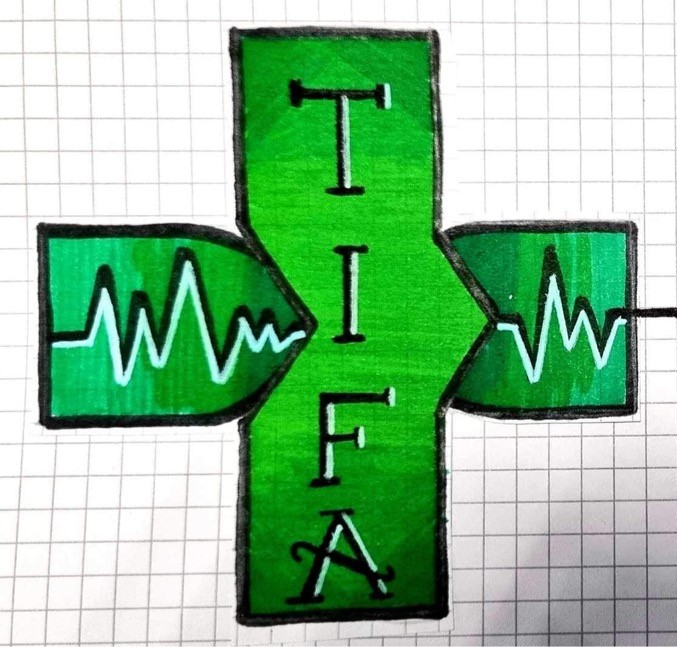
Vicarious trauma can have a debilitating effect on [first aiders], their family and friends. It is a condition that develops when [first aiders] working with trauma victims are strongly affected by their work, to the detriment of their own emotional and cognitive wellbeing
A personal history of trauma can increase the risk of a [first aider] developing vicarious trauma, particularly when this trauma has not been successfully processed.
Dr Keren Cohen | Brake: The Road Safety Charity | Supporting the Supporter: Vicarious trauma and support needs
Can you have too much empathy? | Barbara Field | Very Well Mind
If you walk in someone else’s shoes who is going through a difficult time, you feel their pain. When it happens too often, though, you can suffer the consequences of having too much empathy. Feeling another’s distress can wear you out or turn you apathetic after a while. It can also cause mental health challenges.
While there are those who are indifferent or hard-hearted about others’ travails, some have an overabundance of empathy. They feel the hardships others are going through and this can take a toll on their well-being.
Barbara Field | Very Well Mind | Can you have too much empathy?
Vicarious Trauma and Self-Care | Lee Anna Simmons Social Art and Therapy SA&T

The above trees were devised during trainings on the subject of vicarious trauma and resilience in late 2015, for Doctors Of The World, East London clinic. These were organised and facilitated by Phil Murwill (DOTW), Lee Anna Simmons (SA&T), and Dr Jen Hall.
Since 2001, the Headington team has been dedicated to supporting those who assist victims of war, political violence, disease, and natural disasters. Here’s why:
- Among the 570,000 aid workers deployed around the world today, nearly 40% struggle with anxiety, depression, addiction, or post-traumatic stress as a result of their service.
- 18-24% of dispatchers and 35% of emergency responders suffer from post-traumatic stress.
- As many as 1 in 4 nurses experience a trauma event at some point in their careers.
- 75% of social workers will experience burnout in their lifetime.
If you work in health care and find it hard to stay active
We are encouraging health workers to sign up to RED January.
Doctors, link workers, nurses and other healthcare professionals, please sign up for our webinar on the 14th December, 12pm.
